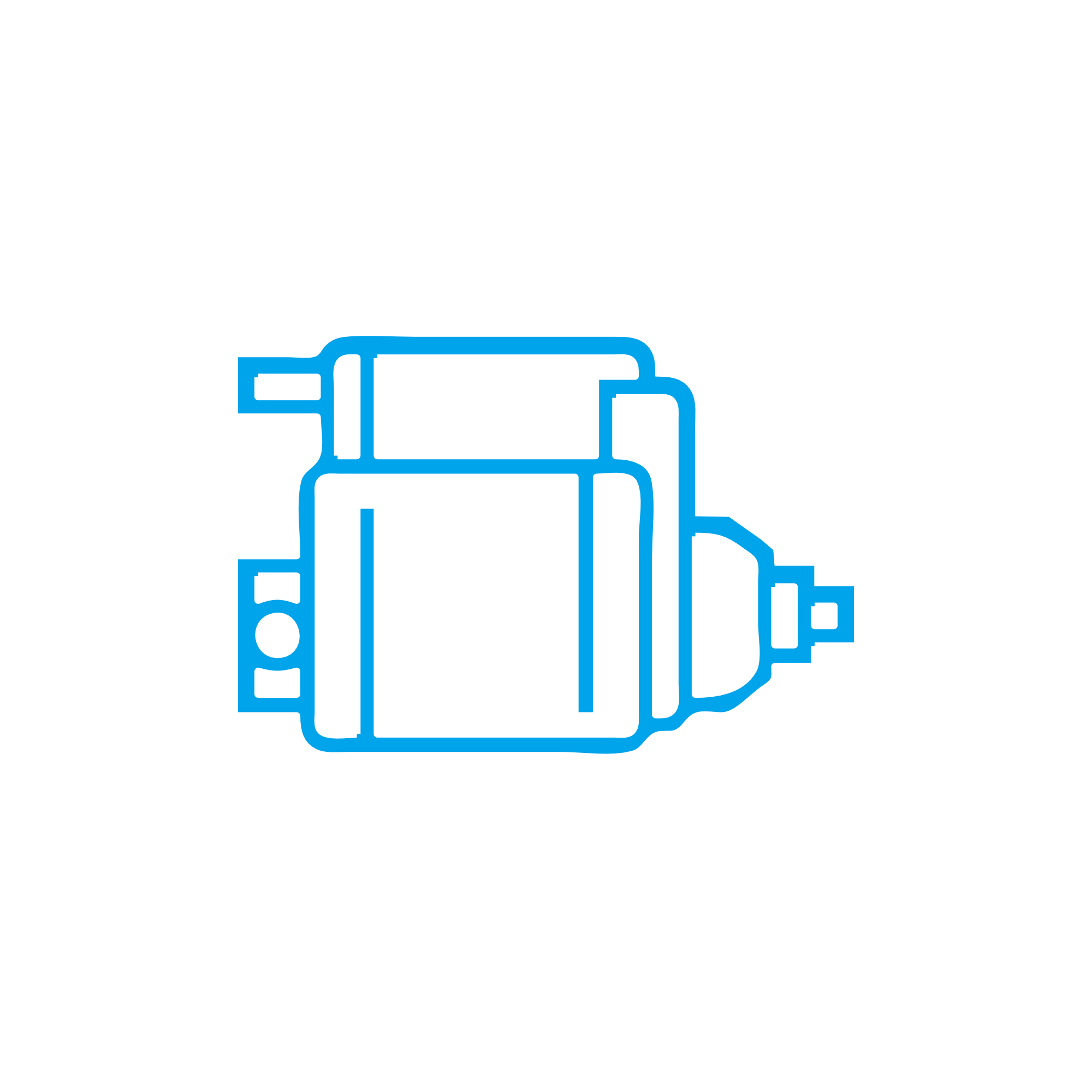EXCHANGE STARTER for robust marine and industrial engine starting
A Starter is an electromechanical component that converts electrical energy from the battery into high-torque rotation to crank an engine. In heavy-duty diesel and gas applications—especially in marine engine rooms, power plants, and industrial sites—the Starter is the decisive link between idle and running operation. Without reliable cranking speed, injection timing and compression cannot be reached, and critical assets remain offline. As an article category, Starters encompass complete assemblies and service parts engineered to deliver repeatable, high-current performance in harsh environments while integrating seamlessly with engine controls, safety interlocks, and monitoring systems.
For shipowners and technical buyers, a dependable Starter minimizes downtime during port calls, maneuvering, and power transfers. It also protects connected systems—batteries, cables, and control relays—by achieving rapid, efficient starts that avoid excessive current draw or heat buildup. Whether you specify a compact unit for a genset or a heavy-duty unit for a large-bore diesel engine, the right Starter directly influences availability, operational safety, and lifecycle costs.
Technical function of the Starter and EXCHANGE STARTER in diesel engine applications
The Starter’s core function is to deliver sufficient cranking torque and speed to overcome engine internal friction, compression, and accessory loads until self-sustained combustion occurs. A typical electric Starter comprises a high-power DC motor, a solenoid (engagement relay), and a pre-engaged drive that moves a pinion into the flywheel ring gear. When energized, the solenoid closes high-current contacts and simultaneously shifts the pinion forward. Only once the gear mesh is secure does the motor deliver torque, protecting the teeth from impact damage. Many modern Starters use reduction gearing to multiply torque while controlling motor size and current demand—essential for 24 V and 12 V systems common in marine and land-based diesel engines.
Performance is defined by kilowatt rating, stall torque, duty cycle, cold-cranking capability, and environmental protection (e.g., sealed housings, corrosion-resistant coatings). In a marine engine, an EXCHANGE STARTER must provide strong cranking under low ambient temperatures, voltage dips, and humidity. In a diesel engine, it must achieve target rpm rapidly to maintain injection timing accuracy and minimize white smoke on cold starts. With OEM parts in the circuit—correct solenoid contacts, proper pinion pitch, and precise tolerances—the engagement is cleaner, electrical resistance is lower, and overall efficiency improves. An EXCHANGE STARTER configured for OEM parts further ensures drop-in fit with existing brackets, wiring looms, and control logic.
Key characteristics and advantages of a Starter
- · High torque output for rapid cranking of diesel and gas engines.
- · Pre-engaged drive to protect flywheel ring gear and pinion teeth.
- · 12 V, 24 V, and 32 V configurations for diverse system architectures.
- · Reduction gearing for optimized current draw and compact size.
- · Robust solenoid with low-resistance contacts for reliable switching.
- · Sealed housings and corrosion protection for marine environments.
- · Thermal management and duty-cycle design to prevent overheating.
- · Exact fit to OEM mounting patterns, harness connectors, and controls.
- · Serviceable components (brushes, bushings, relays) for long life.
- · Tested performance curves to meet engine cranking specifications.
Importance for engine operation and service life
A healthy Starter is essential for predictable starts, especially during critical maneuvers and blackout recovery on vessels. If the unit weakens or is out of specification, the engine may crank slowly or not at all, risking schedule delays, tug costs, or even safety incidents. Underspeed cranking can lead to incomplete combustion, higher fuel load during start attempts, and elevated emissions. Electrical issues—pitted solenoid contacts, worn brushes, or a degraded commutator—increase resistance, drive up current, and overheat cables and batteries.
Mechanical wear has cascading effects: a worn pinion or misaligned drive can chip the flywheel ring gear, leading to expensive downtime and major repairs. Moisture ingress causes corrosion on windings and bearings, raising drag and reducing available torque. Repeated, prolonged cranking overheats the motor, degrades insulation, and shortens service life. In short, keeping the Starter in top condition is fundamental to engine reliability, operator safety, and cost control across the fleet.
Advantages of OEM spare parts suitable for Starter
Selecting OEM spare parts suitable for the Starter ensures every component—from the drive assembly to the solenoid and brush set—matches the engine builder’s specifications. Dimensional accuracy preserves gear mesh and alignment; correct materials and contact plating lower electrical losses; and validated coil windings deliver the right pull-in and hold currents. This precision translates into faster starts, fewer retries, and reduced stress on batteries and cabling.
From a budget perspective, OEM spare parts extend service intervals and reduce the frequency of unplanned interventions. Consistent performance protects surrounding components, helping avoid secondary damage to ring gears or engine controls. For safety and compliance, traceable OEM spare parts support class society documentation and fleet technical standards. When specifying an EXCHANGE STARTER for a diesel engine, pairing it with OEM parts maintains designed torque curves and duty cycles, protecting performance, reliability, and service life without overspending on avoidable rework.
MOPA as a partner for EXCHANGE STARTER OEM parts
MOPA is an experienced and reliable partner for OEM spare parts Starter solutions across diesel and gas engines. We combine technical expertise with rapid sourcing and logistics to keep assets online. Our team supplies EXCHANGE STARTER configurations for marine engine applications with documented specifications, ensuring clarity and security in every transaction. With quality-focused processes and strong supplier networks, MOPA delivers speed, consistency, and the confidence that your components fit and perform as intended.
Conclusion
The Starter is a mission-critical component that determines whether your engine reaches operating speed quickly, safely, and repeatedly. Specifying an EXCHANGE STARTER aligned with OEM parts safeguards torque delivery, electrical efficiency, and long-term reliability. With MOPA as your partner, you secure fast, high-quality procurement of OEM spare parts suitable for Starters that protect performance, budgets, and service life across your fleet or plant.


